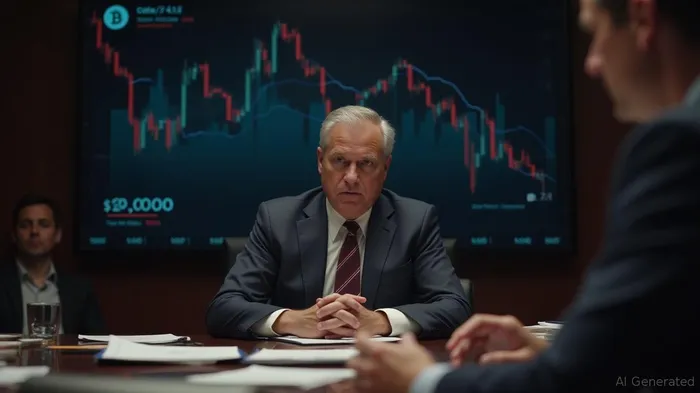U.S. Representative Gill Buys $850,000 in Bitcoin, Violates STOCK Act
U.S. Representative Brandon Gill, a member of the House Committee on Oversight and Government Reform, has disclosed significant Bitcoin (BTC) purchases while failing to comply with legal reporting requirements under the STOCK Act. According to the Congress trade filings, Gill purchased up to $850,000 worth of Bitcoin across six transactions, reported on May 30, 2025. The trades occurred on January 29, February 27, May 13, and May 18, with the earliest made more than 120 days before being reported, well past the 45-day deadline mandated by law.
The STOCK Act requires lawmakers to disclose transactions over $1,000 within 45 days. Violations can lead to ethics investigations and fines, though penalties are often minor, typically $200, and frequently waived by ethics officials. Gill is among a growing list of lawmakers who have violated the STOCK Act. In many cases, members of Congress have blamed delays on ignorance, clerical mistakes, or errors by accountants. Interestingly, such violations only attract standard fines of just $200.
In addition to Bitcoin, Gill reported trades in the InvescoBSCQ-- S&P 500 Equal Weight ETF and Treasury-only government securities, both filed on the same day. Gill’s sizable exposure to digital assets comes as the U.S. moves toward clearer cryptocurrency regulation following President Donald Trump’s return to office. Notably, Gill’s purchases coincided with Bitcoin trading above $100,000; the asset is priced at $104,141, down 0.5% on the day and 3% over the past week.
Meanwhile, some lawmakers appear to be exiting crypto positions amid a market cooldown. For example, Representative Guy Reschenthaler disclosed a Solana (SOL) sale on May 12, when it was trading at around $170. The timing of Gill's Bitcoin purchases is particularly noteworthy. The transactions occurred during a period of significant volatility in the cryptocurrency market, which could suggest that Gill had insider knowledge or was attempting to capitalize on market fluctuations. The large sum of money involved in these trades further adds to the suspicion, as it is unusual for a politician to engage in such high-stakes cryptocurrency investments.
The political and regulatory implications of Gill's trades are also significant. Politicians are subject to strict ethical guidelines and disclosure requirements, and any perceived conflict of interest or misuse of insider information could have serious consequences. The fact that Gill's trades were disclosed in Congress trade filings is a positive sign, as it indicates transparency and compliance with reporting requirements. However, the public scrutiny and potential investigations that may follow could still pose a risk to Gill's political career.
The broader impact of Gill's trades on the cryptocurrency market is also a concern. Cryptocurrencies are already subject to regulatory scrutiny and market volatility, and the actions of a high-profile politician could exacerbate these issues. The market's reaction to Gill's trades will be closely watched, as it could provide insights into investor sentiment and the potential for further regulatory action. In conclusion, Gill's Bitcoin trades have raised important questions about political ethics, regulatory compliance, and market integrity. While the full extent of the implications remains to be seen, it is clear that this event will have a lasting impact on the cryptocurrency market and the political landscape.

Quickly understand the history and background of various well-known coins
Latest Articles
Stay ahead of the market.
Get curated U.S. market news, insights and key dates delivered to your inbox.



Comments
No comments yet